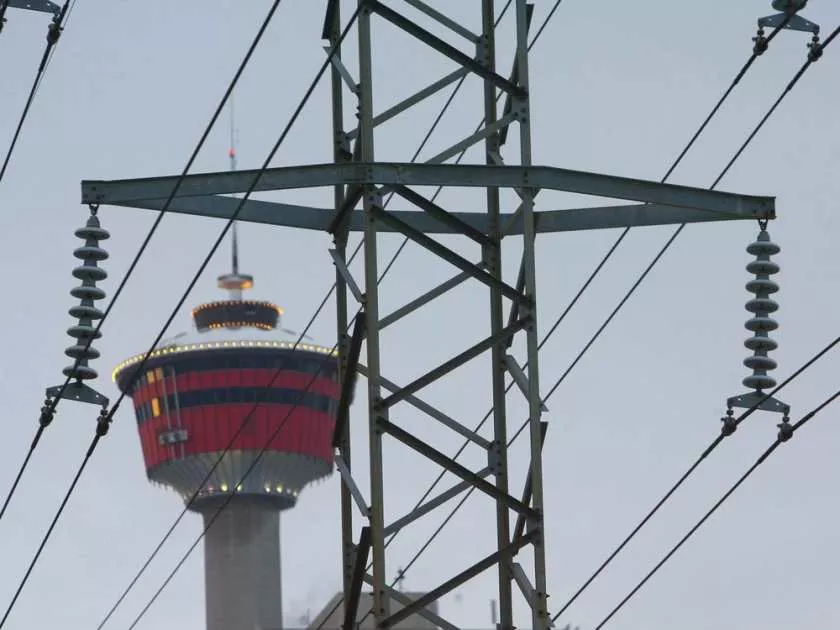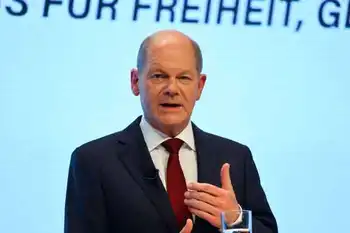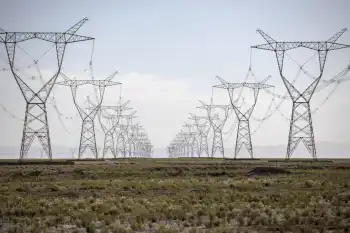Nuclear reactors' cost: 17 billion
By McClatchy Tribune News
High Voltage Maintenance Training Online
Our customized live online or in‑person group training can be delivered to your staff at your location.

- Live Online
- 12 hours Instructor-led
- Group Training Available
The cost estimates, already filed with Florida regulators, are an early indication of Progress' potential nuclear costs in North Carolina. The utility, based in Raleigh, is considering two new reactors at its Shearon Harris site in Wake County. The reactors proposed in Florida - the Westinghouse AP1000 - are the same models that Progress is planning at Shearon Harris.
The costs of building multibillion-dollar power plants are paid by utility customers through their monthly bills over several decades. Such costs have been shrouded in speculation as utilities, vendors and manufacturers sought to promote a resurgence in nuclear power while avoiding the negative repercussions of sticker shock.
The filing before the Florida Public Service Commission will be the subject of hearings in that state this year about the need for nuclear plants. It's one of the nation's first cost estimates for new reactors and is consistent with a recent appraisal from Florida Power & Light for two Westinghouse units. Progress officials promote nuclear energy as the cheapest option for meeting growing energy demand.
Several years ago, the company was projecting a cost of $2 billion to $3 billion per reactor, but since then the cost of labor and materials has skyrocketed amid increasing global demand for energy.
Nuclear energy had stalled after the 1979 accident at Three Mile Island in Pennsylvania, but the technology has gained new advocates because of concerns about global warming. The operation of nuclear generators, unlike that of coal-burning power plants, does not produce carbon dioxide, the greenhouse gas blamed for heating the planet.
Supporters promote nuclear energy as a clean fuel, despite its lethal byproduct: radioactive nuclear waste. Nuclear critics who advocate renewable energy and conservation programs are sure to seize on the newest estimates as evidence that nuclear costs are spiraling out of control.
During the last period of nuclear expansion three decades ago, critics say, utilities low-balled nuclear cost estimates only to revise them mid-construction. In the 1970s, for example, the construction of Shearon Harris was originally projected to cost $1.1 billion for four reactors, but the actual cost was $3.9 billion for one reactor.
The other three reactors were canceled amid cost overruns and reduced demand forecasts. Progress is expected to submit a more detailed cost estimate for the Florida nuclear plants in May. The company's nuclear cost estimates include financing, land acquisition, construction, labor and regulatory fees.
Progress spokesman Rick Kimble warned against extrapolating costs in North Carolina from the Florida estimates. He noted that the utility has not signed a contract with Westinghouse for reactors for North Carolina and could continue negotiating for months.
Progress officials have said they would not reveal cost estimates for new reactors at Shearon Harris until the company negotiates a contract. Progress' Florida cost estimate includes $3 billion to build about 200 miles of transmission lines and substations in 10 counties, an expense not anticipated in North Carolina. In this state, the new reactors would be placed at a site that was designed for four reactors.
The Florida nuclear plants, however, would be built about seven miles from the company's Crystal River Nuclear Plant on 3,100 acres of former timberland that Progress bought for about $43 million last year. The first of Progress' planned nuclear plants in Florida is expected to begin operation in 2016, with the second unit going online in 2017.
In North Carolina, the first unit would begin operating between 2018 and 2020 if the company decides it can afford to build it. A final decision is at least a year away.











